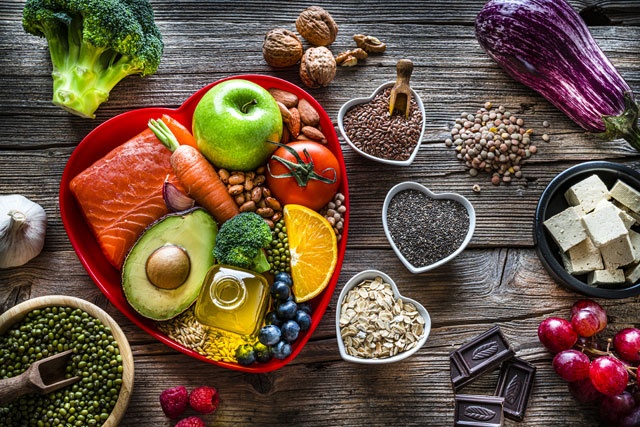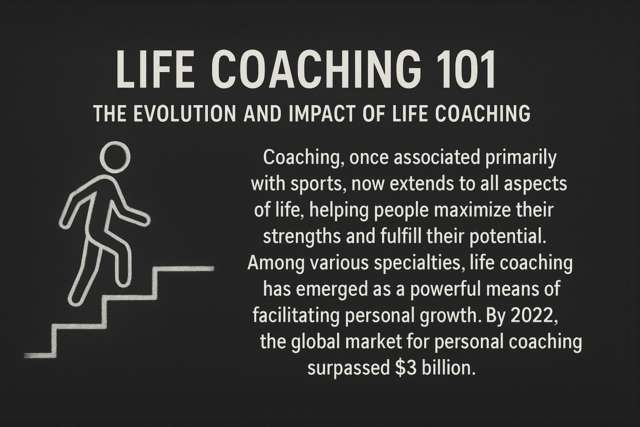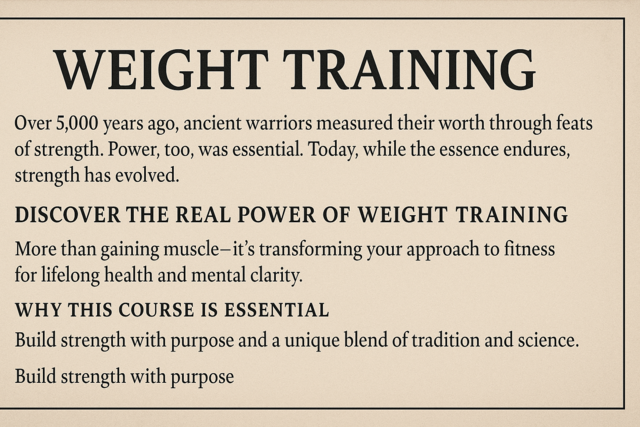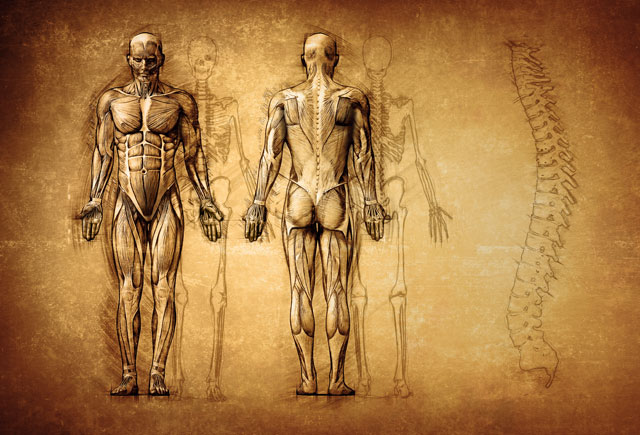Macronutrients are the nutrients that give your body energy to perform essential functions. The word "macro" means large, and these nutrients are needed in large quantities. The three macronutrients are fats, carbohydrates, and proteins. Each of these nutrients provides calories and helps you carry out essential functions like walking, thinking, converting food into energy, growing, and repairing yourself.
Each macronutrient is essential to life, and each provides a certain amount of calories. Fat is the most calorie dense nutrient, providing 9 calories per gram. Carbohydrates and protein both provide 4 calories per gram.
Here's an astounding fact: People can actually eat so much food that they become overweight or even obese, but if their diet is made up of over-processed "junk" food with little nutritional value, they could suffer from a nutritional deficiency. It is possible to be overweight and malnourished at the same time; that's why it's so important to understand basic nutritional principles.
Alcohol also contributes energy to the body; it contains 7 calories per gram. However, alcohol does not provide any nutritional benefits, so it is not considered a nutrient.
A calorie is the amount of energy it takes to raise the temperature of one gram of water one degree. When we talk about a calorie in terms of food, we really mean kilocalorie, or kCal. This is the amount of energy it takes to raise the temperature of a kilogram of water one degree. Because the term calorie is familiar to most people, it is the term this study will use.
Nearly every time you turn on the television, browse the Internet, or walk into a gym, you are bombarded by advertisements for the next nutritional supplement. Some of these products claim to advance sports performance and nutrition; others guarantee that they will help you lose weight.
Supplements come in the form of pills (vitamins and minerals), drops, shakes, powders, and bars. They are intended to give you a concentrated dose of certain nutrients. The reason you are pelted by so many advertisements for these products is that the supplement industry is a great moneymaker, and the people who produce supplements really want you to keep buying their product. The sellers also have a vested interest in convincing you that the only way you can stay healthy, get fit, or lose weight is with the use of their product.
If you are considering using nutritional supplements, the best person to ask for advice is your doctor. Certain people may benefit from an extra dose of certain nutrients, like calcium, iron, or B12. However, your body may not actually be able to absorb massive quantities of nutrients. With iron, for example, as you consume more, your body absorbs less. With some nutrients, your body has a set limit that it will accept, and it expels the excess as waste, so taking large amounts of some vitamins does no good at all. In other cases, as with Vitamin A, your body will hold on to excess amounts, which can actually cause damage at high levels. Talk to your doctor about your individual needs. In general, it is a good practice to meet all your nutritional requirements through a wide variety of whole foods like fruits and vegetables, rather than through supplements. As an example, when you take a vitamin C tablet, all you get is vitamin C and some stabilizers. When you eat an orange, you get a range of vitamins, fluids, and the fiber in the orange, with the vitamin C.
Over the past 5-10 years, the media has been buzzing with the word "super food." There are a handful of foods that seem to have cancer reducing, heart helping, and cholesterol lowering effects.
Which foods may be called "super" depends on which health guru you listen to, but here is a short list of some.
- Blueberries. Contain antioxidants, potassium, and vitamin C. Thought to reduce heart disease, cancer, and inflammation.
- Beans. High in fiber, low in fat, packed with vitamins and minerals
- Broccoli. Loaded with fiber, vitamin A, and even calcium.
- Oats. The special kind of fiber in oats can reduce cholesterol.
- Oranges. Packed with fiber and vitamin C.
- Pumpkin. Resplendent with vitamin A and fiber.
- Salmon. Contains heart healthy Omega-3 fatty acids.
- Soy. A low-fat protein source with possible cancer fighting benefits.
- Spinach. Vitamin A, iron, fiber, antioxidants.
- Tea. Contains antioxidants.
- Tomatoes. Vitamin C and fiber.
- Turkey. Low fat, high protein, contains tryptophan, a feel good food chemical.
- Walnuts. Contain heart healthy, fat soluble vitamins.
- Yogurt. Loaded with protein and calcium.
The best foods are those that you eat fresh, so search for brightly colored fruits and vegetables that grow in your local area, these tend to spend less time traveling and are less expensive.































